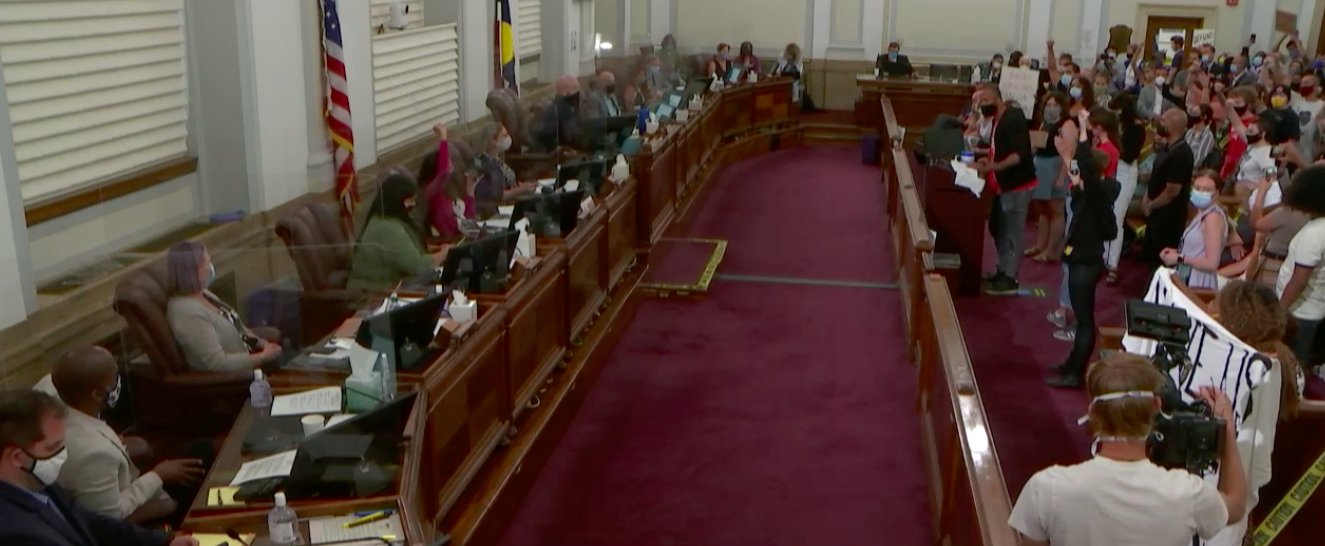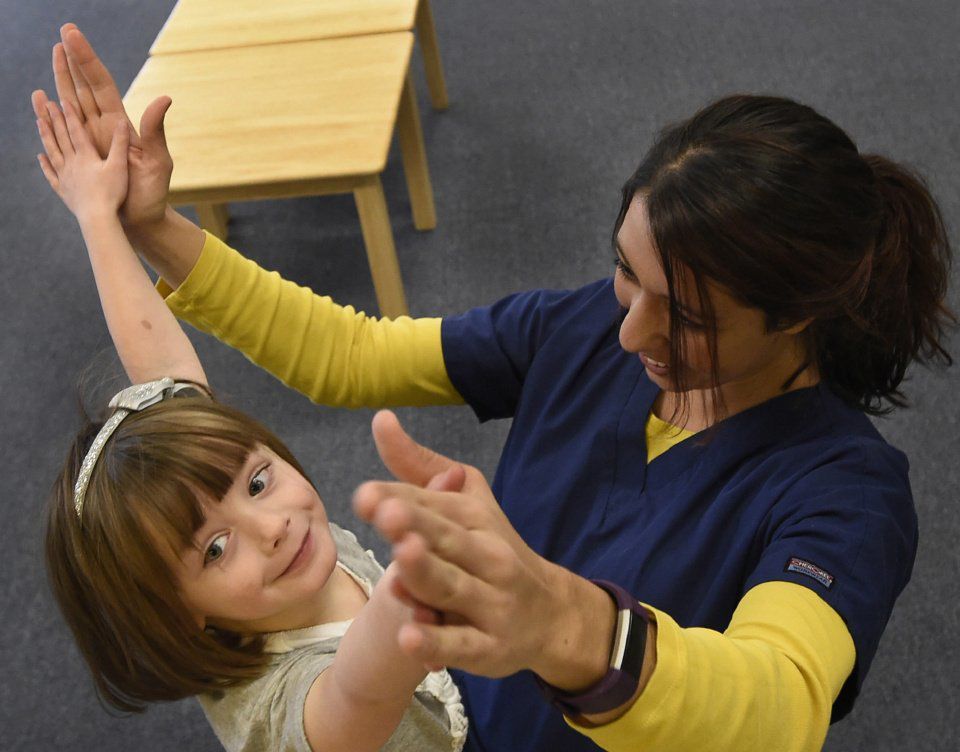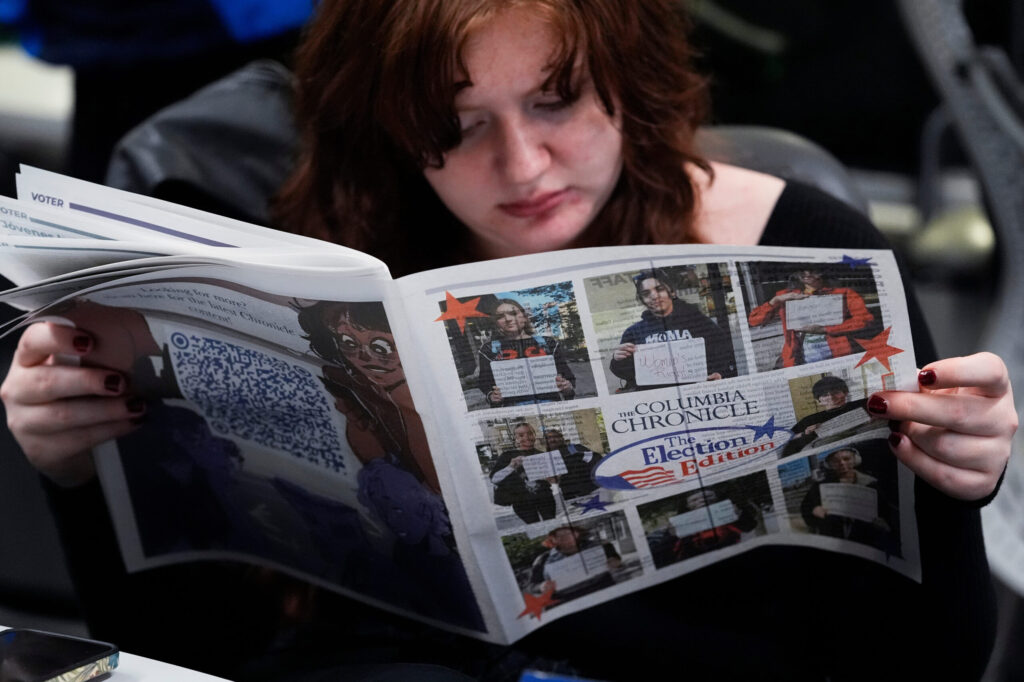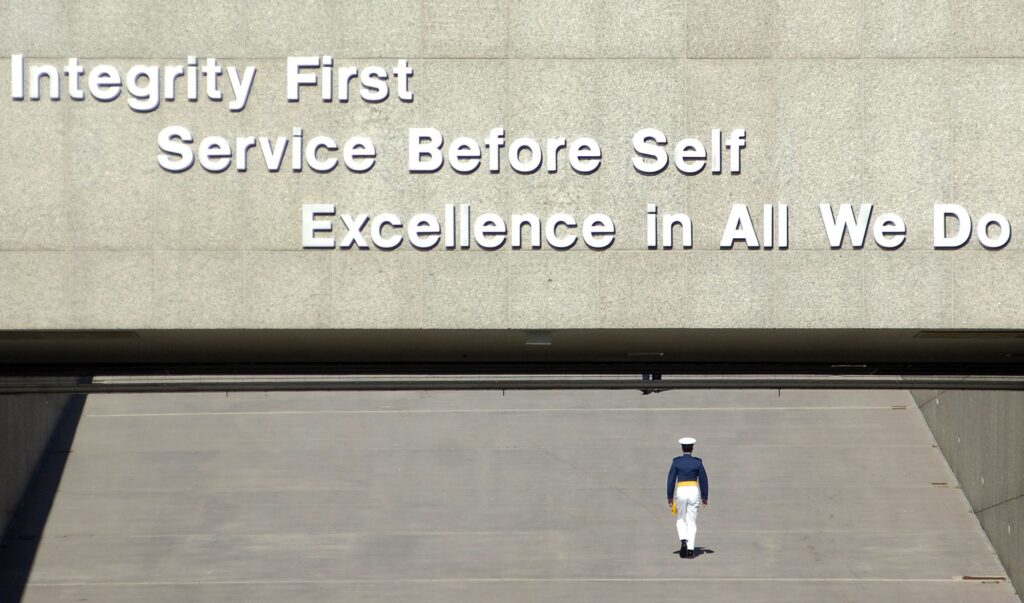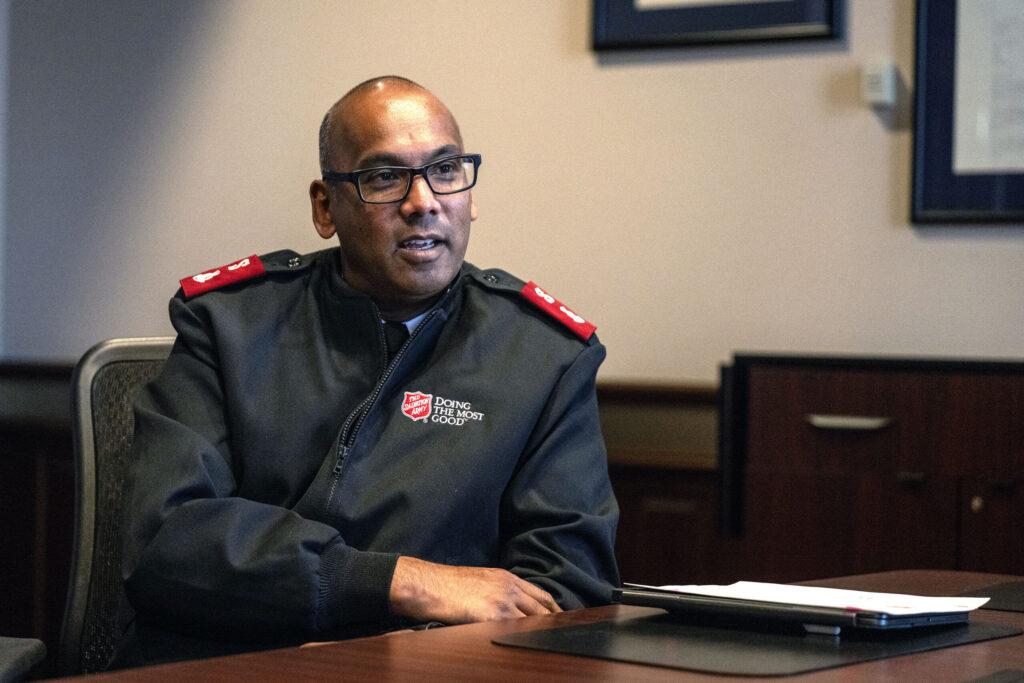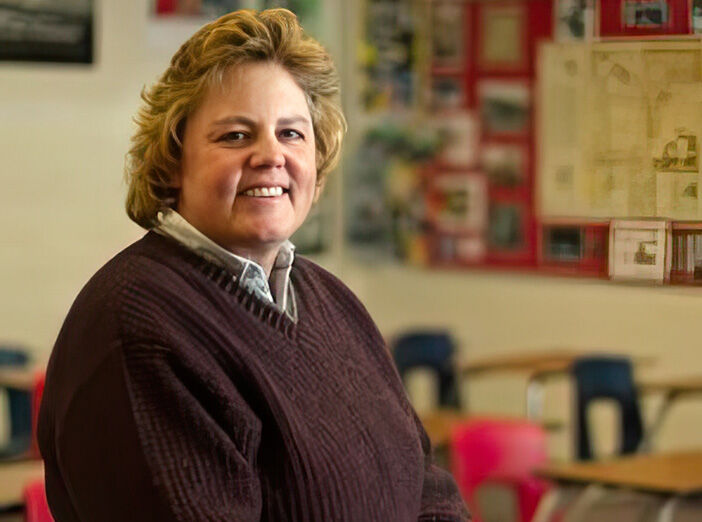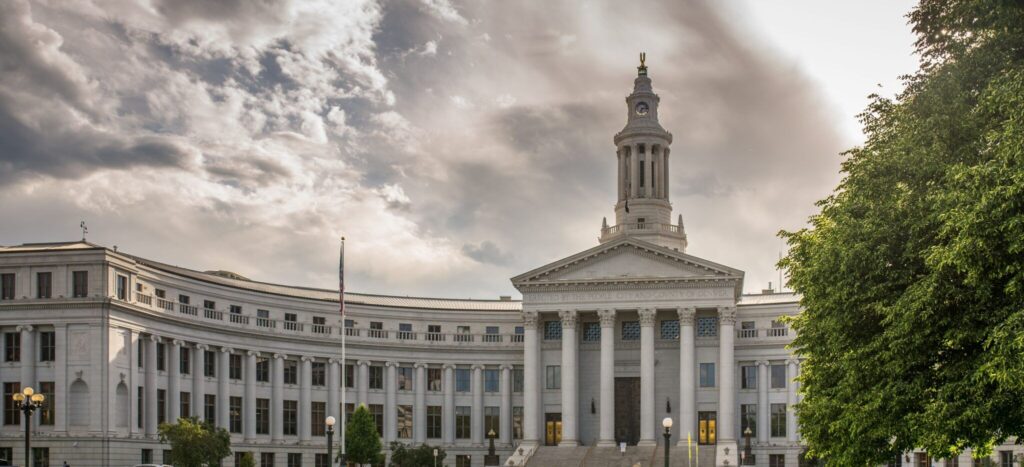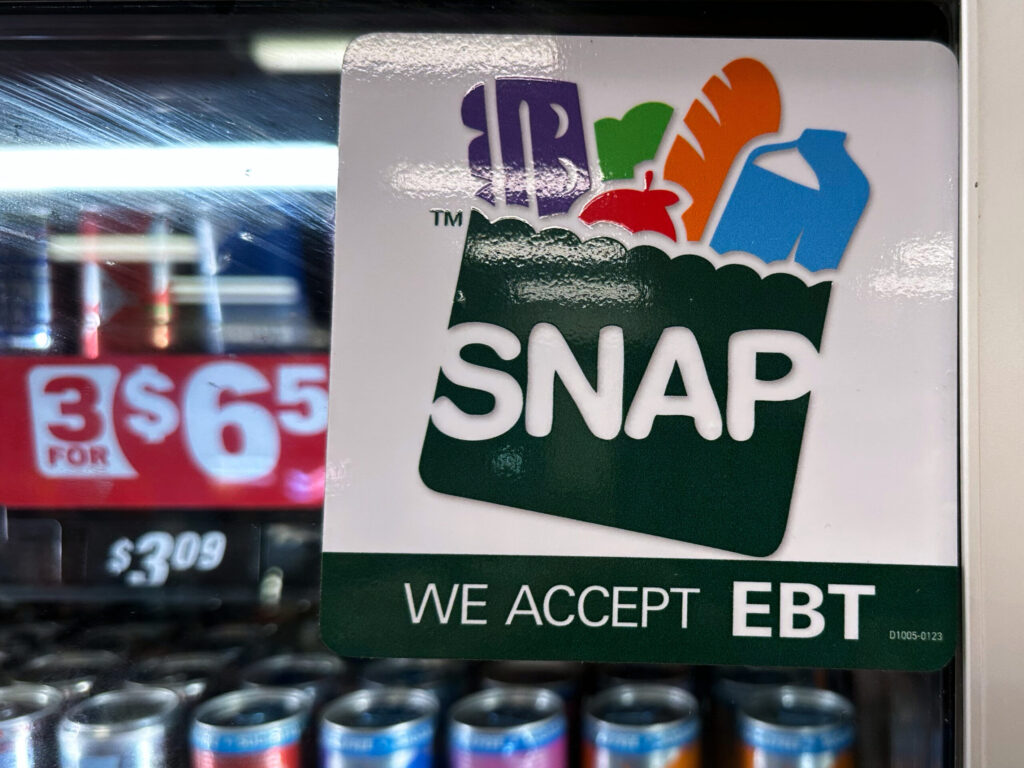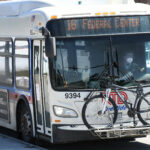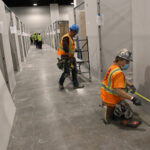Denver City Council president says the move to virtual meetings isn’t a go, yet

Conducting the city’s legislative business this year hasn’t come easy for the Denver City Council. First it was the coronavirus pandemic. Then it was protests for racial justice.
Now the two have collided.
Council President Jolon Clark hopes to move the meetings online, but despite the council’s next meeting being less than a week out, he still isn’t sure how that’s going to happen.
“We’re trying to roll out a better virtual option,” that ensures the council can fulfill its legal duties in a transparent way while “keeping everyone safe,” he said in a phone interview Tuesday. “Nothing is 100% set at this point, other than that we’re working fast and furiously to make sure we keep everything open and everyone safe as much as possible.”
The 13-member body made history as the virus swept through Denver, when, under new COVID-19 emergency rules, it held its first semi-virtual meeting on April 6 with seven members voting in chambers and six attempting to do so remotely. It resulted in a rocky ride that was nearly derailed by glitches.
The council eventually got the hang of “hybrid” meetings, but over time members each returned to chambers in the City and County Building after crafting a way to legislate and safely socially distance together in one room.
On June 4, exactly one week after George Floyd protests erupted in Denver, the council bent the rules to resume its 30-minute public comment sessions for the first time since they were suspended because of COVID-19. Clark and President Pro-Tem Stacie Gilmore agreed to extend the typical half-hour session until every protester who wanted to speak had done so.
(Earlier that week, the council postponed their regular Monday meeting to Thursday “out of an abundance of caution,” following four consecutive nights of protests that devolved into violence after dark.)
More and more protesters showed up to meetings over the next few weeks, and by mid-June personal protective equipment had been installed around council members’ seats on the dais. Transparent shields now separate them from each other and from the public.
On June 22, the council’s meeting was overtaken by protesters demanding racial justice and calling for the defunding of the police. They held court over the meeting for nearly three hours while council members listened in silence.
The following week, Clark canceled the council meeting out of “safety and health” reasons without a vote from other council members, which sparked some internal grumblings. His decision also prompted more than a hundred people to hold their own public comment session on the front steps of city hall.
Protesters, along with Councilwoman Candi CdeBaca of District 9, saw Clark’s decision as an attempt to stifle free speech. CdeBaca was the only council member to join those who attended the “People’s Town Hall” that evening.
“For me, this is 100% COVID,” Clark explained. “If you look at not just one week, but if you look at the last four to five weeks, we were able to find creative ways that were not in our rules to stay late into the night to listen to everybody. And that was working.
“But what broke down,” he said, “was the ability for us to create a safe space for the speakers, for city staff, for our staff, for council members to follow public health orders.”
“Lies,” CdeBaca wrote in a text message Tuesday.
Councilwoman Amanda Sawyer of District 5 said she would prefer in-person meetings but will support whatever path “the body is in favor of,” as long as it ensures an “all-hands-on-deck approach to ensuring accessibility and accountability.” To Sawyer, that means mitigating language barriers, providing a dial-in option for people without internet and complying with Americans with Disabilities Act guidelines.
“Upholding our democratic processes is the most important thing,” Sawyer said in a statement. “Whatever happens can’t impede that process.”
Clark said his priority has and will remain public safety.
“The governor just shut down bars again. Everything is starting to shut down again. We’re seeing record cases. We’re seeing overwhelmed hospitals across the country.
“That is what I would point to as proof of what I’m saying to be true. This is not at all about (obstructing democracy),” he stressed, “it is about keeping people safe from the virus.”
